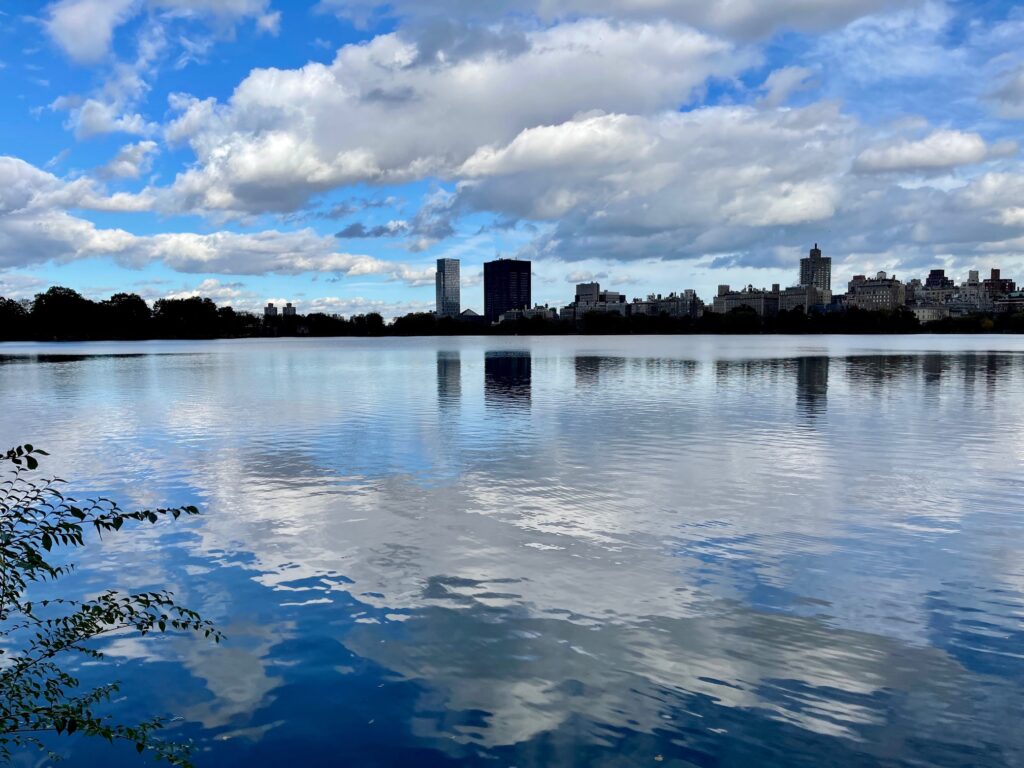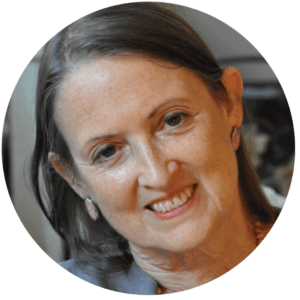Reiki boundaries & practice
With consistent, daily self Reiki practice, you live with a better sense of yourself and more awareness of your boundaries. That’s very different from setting arbitrary boundaries because you know they’re a good idea but you can’t see what’s really happening in the moment, boundaries you can’t hold because they don’t really make sense to you. Boundaries you thought of rather than experienced.
When you’re present, you feel your boundaries rather than setting them. That felt experience makes it easier to communicate your boundaries with heart, with respect, and without feeling threatened or threatening others.
Reiki boundaries & Reiki diversity
Stand for nothing, fall for anything. True in life, and true in Reiki practice. Our boundaries are where we stand in ourselves.
Finding yourself in the global Reiki community
The global Reiki community is diverse beyond what most people realize. Did you know, for example, that there are Reiki practices that don’t trace back to Mikao Usui, the founder of the Reiki initiation lineage?
Many Reiki teachers, or their teachers, felt they could make changes to Usui’s practice and still call it Usui Reiki. Perhaps they didn’t consider the ramifications of what they were doing, how confusing that would become as public awareness of Reiki practice grew. Perhaps they were taking advantage of “brand recognition” and the public’s penchant for the next shiny new thing.
There’s no way to know other people’s motivations — it’s challenging enough to recognize our own! — but we do know that the often unannounced changes made to Reiki practice and the invention of products and services marketed as “Reiki” have left the public with many, and often conflicting, versions of what the term Reiki really means and what Reiki practice is.
 Authentic Reiki
Authentic Reiki
People looking for authenticity in Reiki practice will find only frustration if they keep looking outside. The authenticity of your Reiki practice can be found only through actual practice. On yourself. Every day.
How could it be otherwise? And why does that seem so difficult to some?
That continuing daily self Reiki practice — for life, not just 21 days — is the foundation and the most important way we continue growing as Reiki practitioners might not be a popular perspective, but it’s true nonetheless.
People who practice daily self Reiki consistently get more benefit and become deeper, more aware Reiki practitioners and happier, more fulfilled, authentic human beings than those who practice sporadically, whether they practice at home only, or they’re professionals.
Authenticity doesn’t come wrapped in a certificate. Authenticity is attained through dedicated effort. Reiki practice helps you discover the authenticity of your own being. That’s the only authenticity we can know.
Reiki as a commodity
In surveying Reiki offerings, remember that on websites, podcasts and summits, presenters can say whatever they want without being fact-checked. For example, someone can say Usui-sensei said this or that, and can even misrepresent the quote as coming from a reliable source. You might be a critical thinker (YAY!), yet not know that Usui didn’t leave us any written treatise. Or if a quote comes from a name you’ve seen before, you might be too trusting. You might not realize there are no precise translations from the Japanese language into English, especially of spiritual content which is by definition nuanced. Any interpretation from Japanese can be easily colored by the presenter’s bias and/or commercial interest.
Put on your critical thinking cap
A guideline for exploring Reiki diversity
First, clarify your motivations. What are you looking for?
If you feel we as a community would benefit from more discussion on Reiki boundaries, please share this widely and/or leave a respectful comment below. If your Reiki practice is to remain available in the future in the form you practice, it’s critical that our diverse community comes together as Team Reiki. Otherwise Reiki practice will be defined by state governments or by the medical and health insurance industries (as we discuss in my Reiki & Medicine Intensive). None of those options will preserve the essence of this spiritual practice.
Join my email list to receive credible, respectful ReikiUpdates right to your inbox!
Here’s a series of free tips for Reiki Professionals.


Also a thank you, Pamela. Boundaries, or perhaps lack of boundaries, have been at the front of my own awareness over the past few years. Your statement: “Look to your heart for wisdom, not your mind, and always contemplate to let your understanding ripen,” is a great description of how daily self-Reiki can ripen your own sense of inner boundaries, not only inter-personal or professional ones. Daily practice has truly saved my ability to choose my soul-spirit-self and allow sensing to grow. What a relief!
Agreed, Wanda. We can’t know our outer boundaries without experiencing our inner being, and that takes consistent spiritual practice, daily self Reiki practice.
Pamela, this is the most helpful writing I have encountered on exploring the notion of boundaries. Your reflection invites us to feel our boundaries rather than set them, invites us to become present to our bodies enough to be able to notice when we are feeling overwhelmed or confused, and if so, to then place our hands on our body and listen when we ask ourselves what do I know to be true. This act of apprenticeship to stillness made possible through our reiki hands is an example of serving the practice, and a first needsary step in honoring our boundaries. Thank you.
I love that image, Lena, “act of apprenticeship to stillness,” thank you!
Thank you for addressing so many of the issues that have concerned me over many years – particularly the commodification of Reiki. I spend a great deal of time explaining to students that obtaining levels upon levels of certifications and variations on Reiki with spectacular sounding, promising names isn’t going to make “their Reiki” more powerful. Reiki is cultivated from the inside-out. And, this takes self-practice.
You taught me well, Pamela. Reiki truly comes down to your practice and your dedication to your practice. It’s a humble gift to be able to practice with others. To me, it’s the icing on the cake. Yet, the true gift is a dedicated and continued self-practice, creating greater awareness of self and other.
“It’s a humble gift to be able to practice with others.” Beautifully expressed, Jo Ann!
One of the masters trained by Hawayo Takata told her students we gain the right to practice on others by practicing on ourselves. That sounds about right to me.